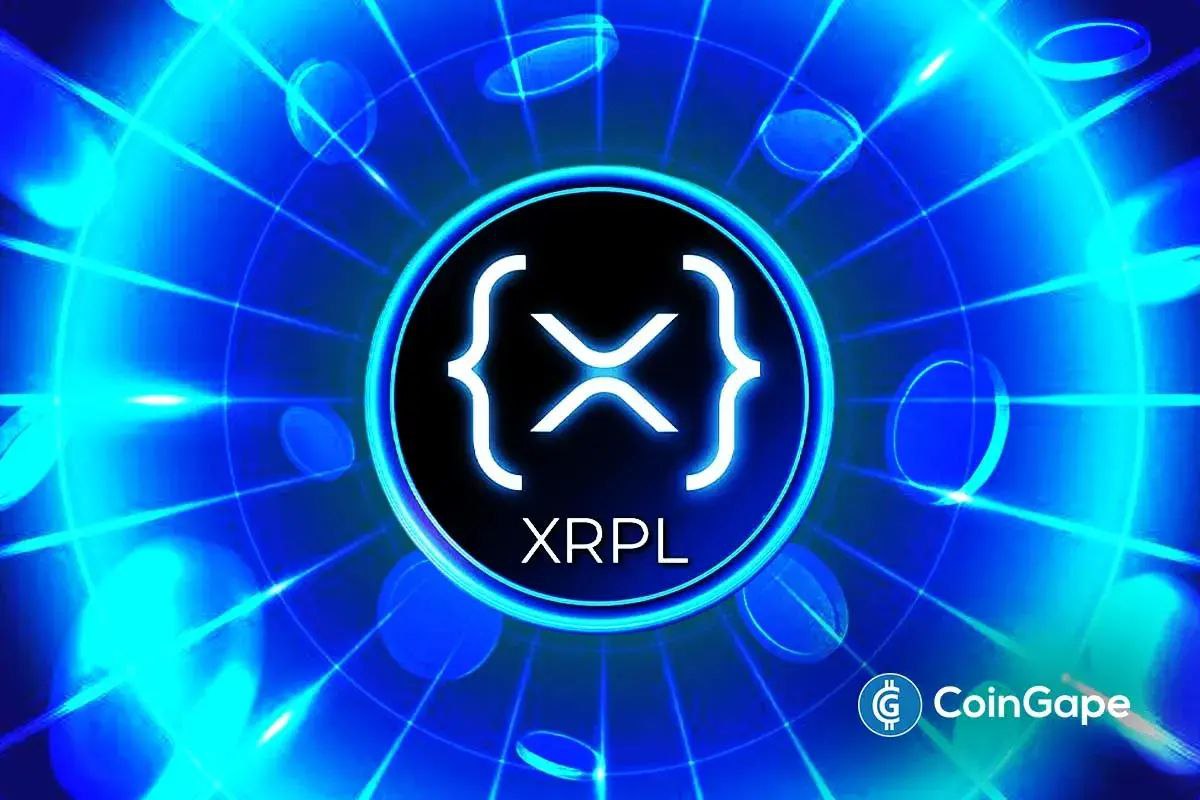XRP Ledger Rolls Out MPT Standard for Real-World Asset Tokenization

Highlights
- XRPL launches MPT standard to simplify tokenization and ensure regulatory compliance.
- MPT supports institutional DeFi use cases including lending, collateral, and tokenized assets.
- Future Confidential MPTs enable privacy-preserving transfers while maintaining compliance.
The XRP Ledger (XRPL) has launched the Multi-Purpose Token (MPT) standard, designed to simplify and secure the tokenization of real-world assets (RWAs). MPT integrates directly into the XRPL protocol, eliminating the need for custom smart contracts. This enables institutions to issue tokens efficiently while addressing regulatory and operational requirements.
XRP Ledger Introduces Multi-Purpose Token Standard
According to an X post from Kenny, he noted that MPT tokens offer built-in compliance functions, including Know Your Customer (KYC) and Anti-Money Laundering (AML) verification.
Additionally, issuers can define transfer rules, restrict token holding to approved users, and enforce supply caps. On-chain metadata allows automated reporting and enhances transparency, while transfer fees can be applied to manage transaction costs.
This XRP Ledger upgrade follows the successful Smart Escrow Devnet update release by developers last week. Changes related to fees and reserves, function signatures, multi-purpose token (MPToken) issuance, along with bug fixes and code cleanup.
Meanwhile, XRP Cafe founder Adam pointed out that MPT trading wasn’t available on DEX. Kenny responded, stating that AMM and DEX support for MPTs is coming soon, and that the team is building incrementally rather than introducing a single major change, with the current MPT features providing a solid foundation for future development.
Also Read – List of Popular RWA Tokenization Platforms
Institutional DeFi, Real-World Assets, and Compliance Innovations
MPTs are set to support institutional decentralized finance (DeFi) applications. Additionally, MPTs enable pooled lending, credit verification, and tokenized collateral. The upcoming XRPL version 3.0.0 is set to introduce a native lending protocol, enabling regulated, low-cost loans to be directly issued at the ledger level.
Ripple’s roadmap identified tokenized assets and stablecoins as key components of its institutional strategy. According to the plan, the XRP Ledger is intended to facilitate payments, lending, and settlement. It is also designed to integrate privacy features such as zero-knowledge proofs.
Moreover, compliance mechanisms, including Credentials, Deep Freeze, Token Escrow, and permissioned decentralized exchanges, were outlined. These tools are intended to help issuers manage risk. They were also designed to help maintain regulatory adherence without centralizing authority. Demonstrations of stablecoin payments were reported as evidence of progress in advancing settlement capabilities.
Ripple plans to expand MPT functionality with features such as Confidential MPTs, enabling privacy-preserving transfers. Incremental updates allow institutions to adopt the standard gradually, building upon the current foundation. They also introduce AMM and DEX support over time.
Recent Posts
- Crypto News
Breaking: Bitwise Files S-1 For SUI ETF With U.S. SEC
Crypto ETF issuer Bitwise is looking to add a SUI ETF to its growing list…
- Crypto News
Crypto Hacks 2025: North Korean Hackers Steal over $2B in ETH and SOL This Year
In 2025, crypto hacks increased significantly. The cybercriminals associated with the North Korean government stole…
- Crypto News
Universal Exchange Bitget Removes Barriers to Traditional Markets, Offers Forex and Gold Trading to Crypto Users
The number one universal exchange Bitget is removing barriers between crypto and traditional finance. It…
- Crypto News
Breaking: U.S. CPI Inflation Falls To 2.7% YoY, Bitcoin Price Climbs
The U.S. CPI inflation came in well below expectations, providing a bullish outlook for Bitcoin…
- Crypto News
Crypto Market Brace for Volatility Ahead of Today’s U.S. CPI Data Release – What to Expect
The crypto market could see some price fluctuations ahead of the release of the major…
- Crypto News
Breaking: Canary Capital Files S-1 for its Staked INJ ETF
Canary Capital amended its staked INJ ETF application with the U.S. Securities and Exchange Commission…